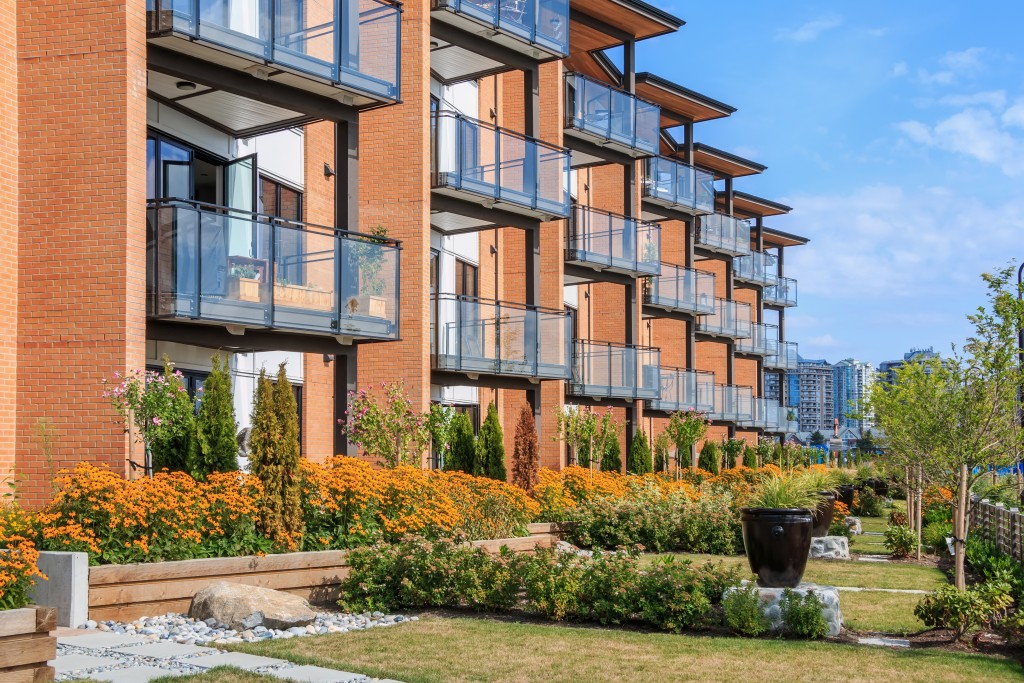Investing in your own home can be a momentous time in your life. Whether you’re a student who just wants your own place or someone who just graduated and building your career, no one can deny that having your area can be satisfying. Most of the time, people opt to rent a home rather than buy one because it’s a cheaper monthly option. Some will invest monthly in a house but with a higher rate than the usual rent.
Since there’s an ongoing debate on which one is better in terms of cost-effectiveness, we’ll be clearing up any fog of uncertainty so that you’ll know how you can effectively spend your finances. Choose wisely: the decision that you’re about to make will ring out for years to come.
No pressure, we’re here to ensure that you’re equipped with the right information. So which one’s the better choice in this matter?
Which One Is Better?
There are some stark differences between an apartment and a condo. But the biggest giveaway is the payment method and the ownership of the place.
For now, let’s look into the key advantages that each of these types of residence will give.
Apartment Versus Condos
Both an apartment and a condo are usually part of a large residential structure. The difference between a condo and an apartment is often how taxes are paid and the resident’s ownership. In this case, an apartment is rented, but a condo has a proprietor. Since an apartment isn’t necessarily owned by the renter, even an all-inclusive one-bedroom type, the landlord will be the one to pay the taxes, as compared to the condo unit, where the proprietor of will need to pay the property taxes.
In terms of a community, both are quite similar, unless we’re comparing two residences from different buildings. For example, in terms of services, there’s bound to be a trash disposal service, janitorial work, and your usual extra sports facilities such as gyms and tennis courts.
Another key difference is that a proprietor of a condo will be building equity through monthly payments to the Homeowners Association. Likewise, the association will be handling the maintenance of the resident. Compared to a renter, they won’t need to pay the HOA while usually relying on the landlord for any maintenance.
Based on this information, it will all depend on the financial model that the client has. Renting can be said to be the ‘cheaper’ option if you’re working to make monthly ends meet and planning on relocating to another area after a few years. On the other hand, owning a condo can be a long-term commitment and will usually cost more per month if it’s a rent-to-own scheme. Of course, you can always pay instantly for the whole condo without having to go through the monthly process.
Essential Factors To Keep In Mind
Now that you know the differences and the advantages of these two, you can start choosing one that will fit your financial model. However, this does not mean that you should just focus on the monetary aspect when choosing a home. Most people are too focused on the price tag of a place without considering other elements that will affect their living conditions. After all, you’re not just paying for the site itself but also for several external factors
So what are some factors to consider?

- The security of your area. Is the location safe enough for you to walk around at night? The neighborhood that you live in will play a useful role in the security of your area.
- The proximity to your office. Is it close enough to your workspace? That will help minimize costs in transportation and fuel consumption if you have a vehicle.
- The proximity of essential locations. Is it near commercial areas? That will make it more convenient for groceries, shopping, and social activities.
Maintaining your home can be another factor that should be taken into account. Will you need annual roof maintenance? Should there be a need for a pest controller near your area? Having easy access to these services will help live much easier.
Ultimately, this will boil down to the income and the expenditure that an individual will have. Renting an apartment is a more budget-friendly approach and is usually a safer bet. Buying a condo or renting one for the intent of owning it can be a huge commitment. As such, there’s no be-all-end-all answer as it will depend on your intentions of living there.
A vital advantage of some apartments is that they come in fully-furnished. That means that there will be less work when moving in. Nobody can deny the simplicity of moving in on a place that has all the right furniture for you.

